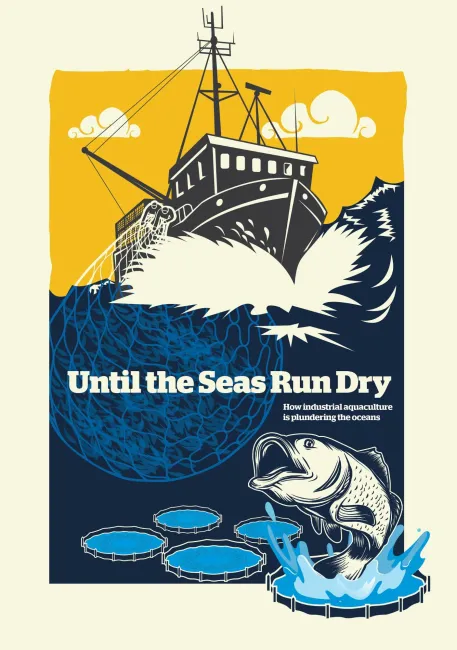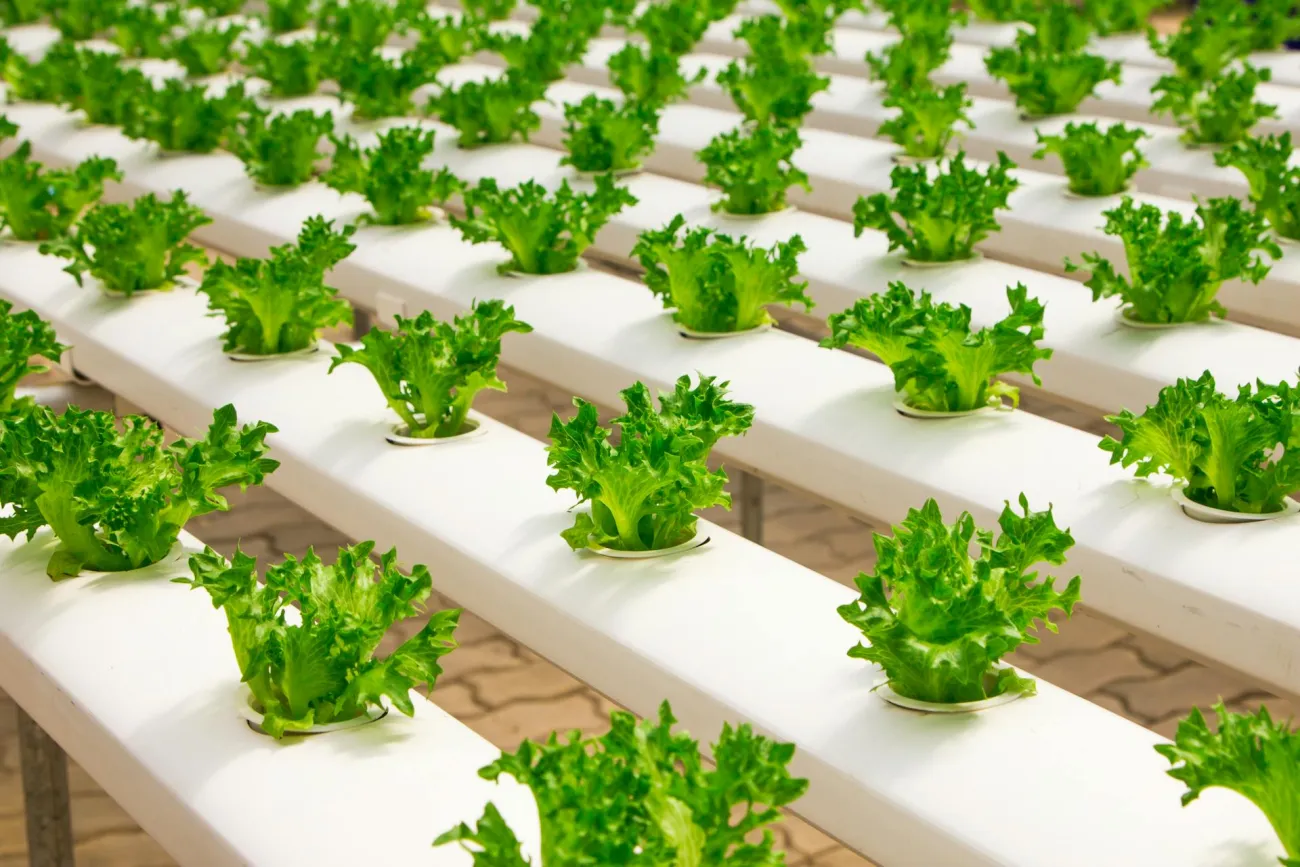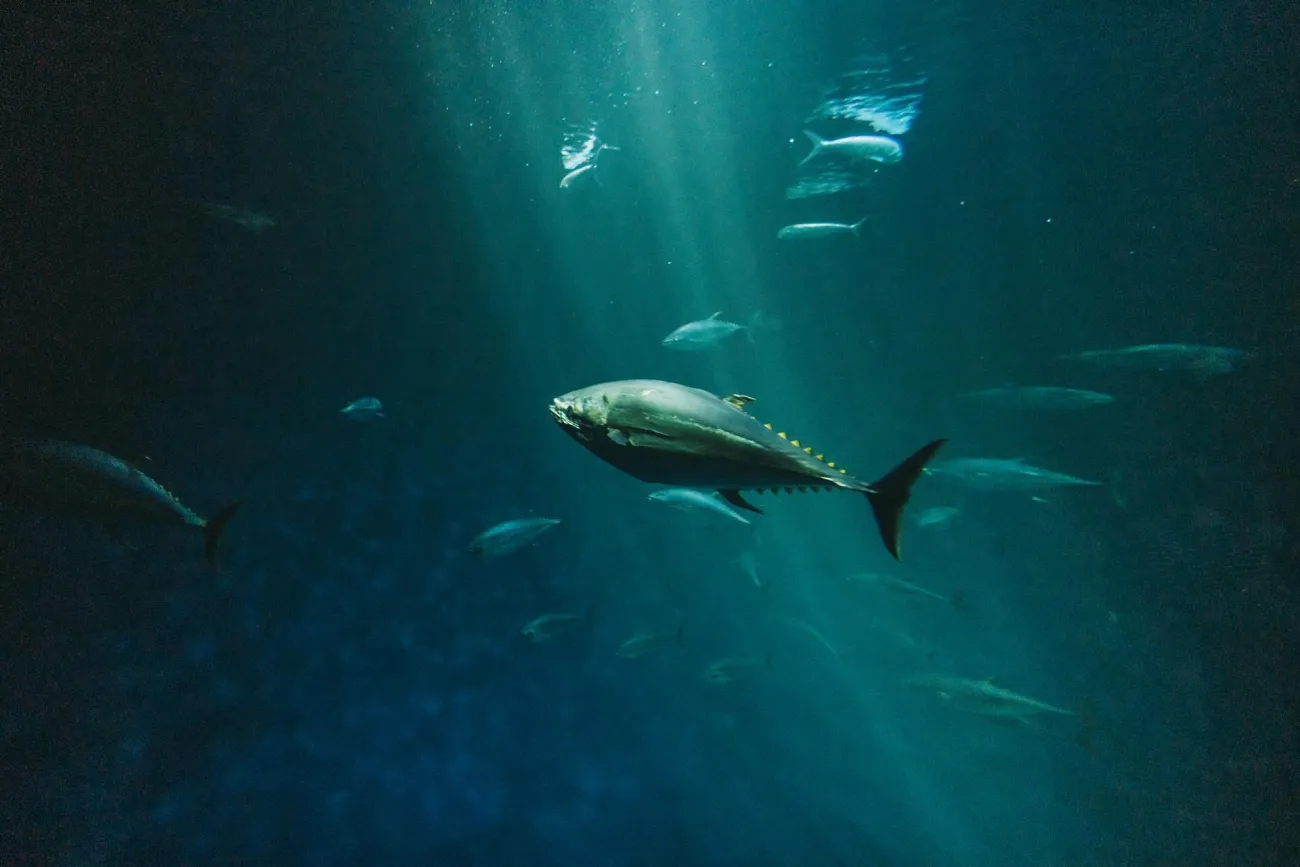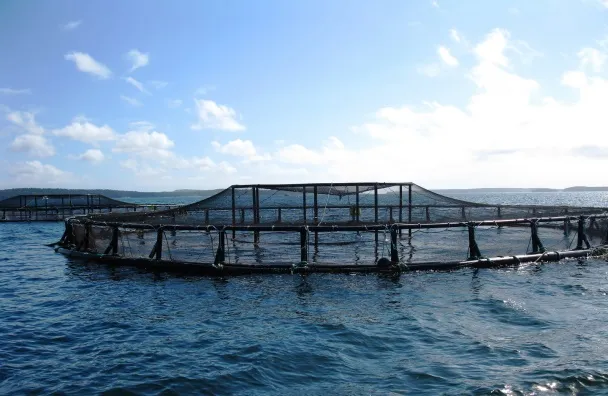This report from the US-based campaigning organisation Changing Markets Foundation examines the impacts of catching wild fish to feed to farmed fish in aquaculture operations, i.e. reduction fisheries.
Image

The findings of the report include:
- Aquaculture operations are putting greater pressure on forage fish such as sardines, anchovies and mackerel, which could have knock-on effects on other marine species including mammals and birds. Furthermore, many reduction fisheries (particularly in Asia) are targeting juvenile fish, which makes it harder for fish stocks to recover.
- 90% of the fish turned into fishmeal or fish oil was of a suitable standard for direct human consumption. In some areas such as West Africa and Southeast Asia, reduction fisheries pose a challenge to food security due to competition between fishmeal producers and local fishers.
- Only 3 out of 15 aquaculture feed companies responded to the authors’ request for more information about their sourcing policies and practices.
- The animal welfare implications of reduction fisheries are significant because of the large number of animals caught (relative to catching fish for direct human consumption), with around 0.5 to 1 trillion forage fish caught every year.
Read the full report, Until the Seas Run Dry: How industrial aquaculture is plundering the oceans, here. See also the Foodsource resource How do food systems affect fish stocks and marine habitats? and the building block What is food loss and food waste? which discusses reduction fisheries.




Comments (0)